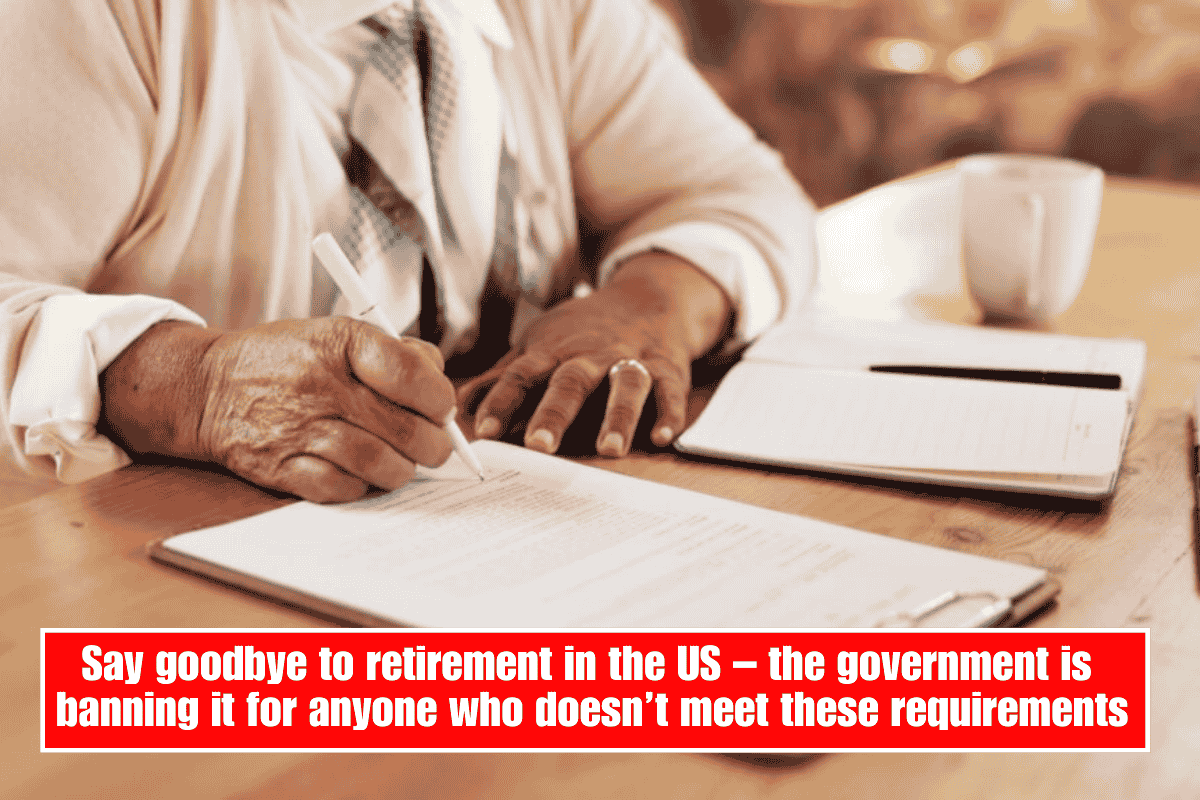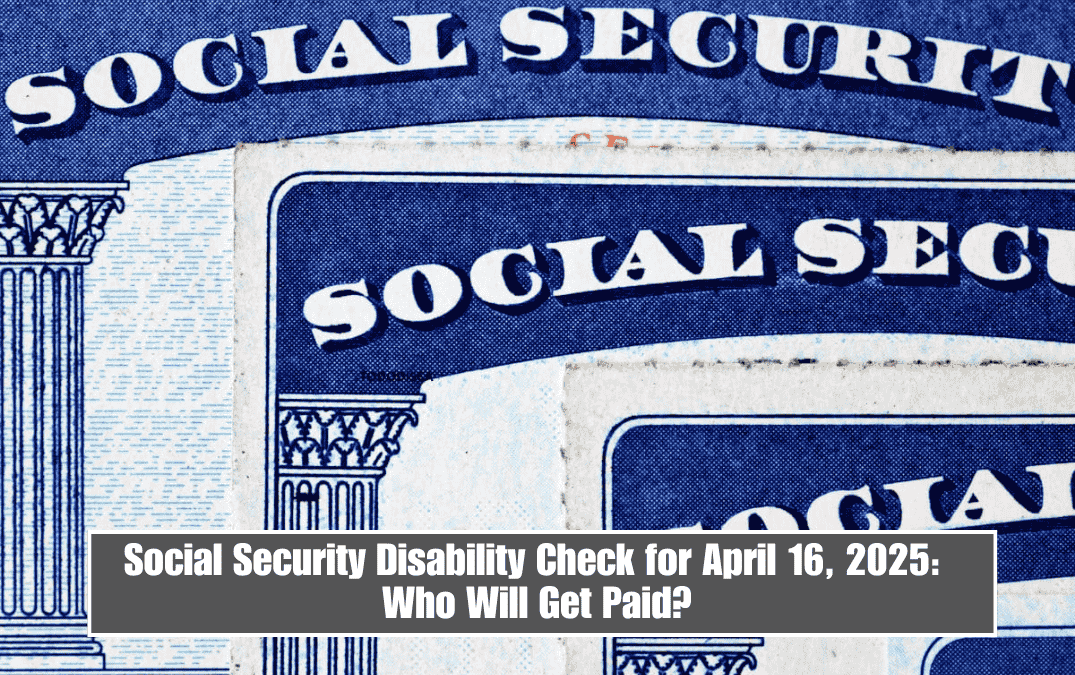Retirement, the date marked in gold letters on all working-age people’s calendars, the day we all dream of after many years of hard work and giving our best years to the system. The Social Security Administration (SSA) has made it clear that those who do not meet certain requirements will not be able to access retirement benefits. And, of course, this has set off all the alarms for those planning to retire soon. We’ll now tell you everything you need to know to enjoy your golden years without surprises and receive the maximum amount of money to which you are entitled!
What are the minimum requirements to retire?
In the United States, beneficiaries must meet two conditions before receiving their pensions. We’ll break them down below, but here’s a spoiler: Users must be at least a certain age and have accumulated a certain number of work credits during their working years in order to be eligible for retirement benefits.
The minimum age
The age requirement is necessary to begin receiving Social Security benefits. Most workers in the United States have a Full Retirement Age of 67 (born after 1960 or in the same year). However, the minimum age to stop working and begin receiving SSA checks is 62 years old. When you turn 62, you can apply for retirement.
What are work credits?
They resemble “coins” from Social Security. Throughout your working life, the system assigns credits based on your earnings (which you have paid to the Administration via taxes and income declarations). These credits accumulate in your work history, and you can earn up to four credits per year if you earn more than a certain amount of money.
And how many do you need to retire?
To be eligible to retire and collect Social Security, at least 40 credits are required, which is equivalent to 10 years of work with sufficient earnings. But be careful; they do not have to be consecutive years as long as you complete the required number of credits. Be aware that if these criteria are not met, access to retirement will be denied.
What happens if you apply for early retirement?
As previously stated, the minimum retirement age is 62 years, but retiring before the full retirement age (FRA), while tempting, can reduce your monthly payments by up to 30%. However, postponing retirement until age 70 (for those workers who can afford it) results in an 8% increase in the amount for each year you delay retirement, up to the maximum age of 70. Even more appealing, right?
Can you accumulate more credits than necessary?
Yes, and it is quite common, but we have some bad news: accumulating more than 40 credits will not increase the monthly amount you receive in your check, so once you reach the limit, it will no longer “help” you, at least for retirement income. However, for other types of benefits, it may be necessary.
Why these measures now?
Mainly for two reasons. The first is that life expectancy has risen in recent years, making it impossible for the Social Security Administration to absorb all payments for people leaving the labor force. As a result, limiting access to benefits in this manner helps to keep the system from collapsing and protects it while other solutions are explored.
If you’re already considering retirement, best of luck! Check how many credits you’ve accumulated and determine the best time to apply for your benefits. Welcome to the Golden Age!














